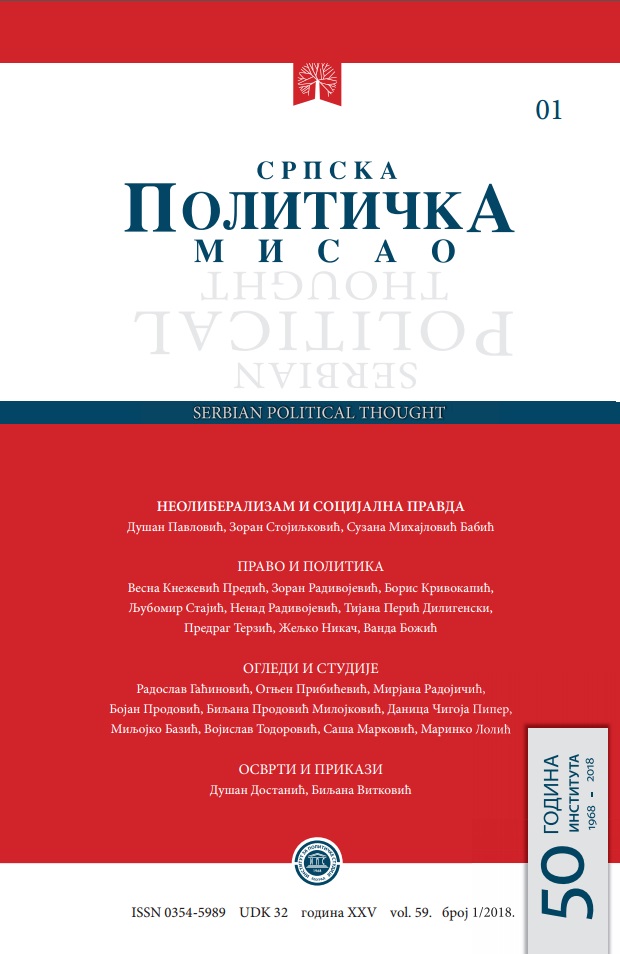Уговорна способност Европске уније: шест деценија после
Treaty-Making Power of the European Union: Six Decades Later
Author(s): Vesna Knežević-Predić, Zoran RadivojevićSubject(s): International relations/trade, Security and defense, EU-Approach / EU-Accession / EU-Development
Published by: Институт за политичке студије
Keywords: treaty-making power; EU; Lisbon Treaty; direct and indirect powers; exclusive and shared powers; mixed agreements; non-state entities
Summary/Abstract: Owing to the new solutions contained in the Lisbon Treaty, which mostly comprise the codification of the existing treaty and case-law practice, six decades after its creation the EU has built a solid legal framework for regulating its treaty relations with the “outside world”. In this paper, the authors analyze only the relevant provisions regulating the legal ground of the EU treaty-making power and the legal nature of its competence to conclude treaties. Considering the legal ground, a clear distinction has been made between direct or primary powers to conclude agreements explicitly regulated by the founding treaties, on the one hand, and the indirect or secondary powers arising from the legal facts envisaged in the founding treaties. As for the legal nature, provisions explicitly envisage only the exclusive powers of the EU to conclude agreements, without specifying the shared or so-called “soft” powers of the Union to coordinate, support and complement the treaty activities of the Member States but the latter can still be inferred by interpreting various parts of the founding treaties. Mixed agreements and EU treaties with non-state territorial entities remain outside the scope of the subject matter of the Lisbon Treaty, despite the fact that they have become a normal phenomenon in the contemporary treaty practice of this organization.
Journal: Српска политичка мисао
- Issue Year: 2018
- Issue No: 1
- Page Range: 75-91
- Page Count: 17
- Language: Serbian

